NSW Planning System: Navigating Land and Environment Court
Expert Legal Insights on Development Approvals and Appeals with Planning Lawyer Mark Evans
Navigating NSW development approvals requires a deep understanding of legal frameworks, compliance challenges, and industry regulations.
In this episode, Nathan Battishall (The Residential Developer) hosts Mark Evans, a top legal expert and Director of Whiteacre Legal, to break down the legal intricacies that developers must navigate.
Other links to the Podcast:
🔗https://open.spotify.com/episode/7Jfu6s1dueKR6CFmEqbM7p
Key insights:
✅ Legal considerations for
NSW development approvals.
✅ Strategies for navigating compliance and regulatory hurdles.
✅ How legal expertise and development strategy align for successful projects.
Don’t miss this must-listen conversation. Drop your thoughts in the comments!
🌐
whiteacre.com.au
📞02 9145 0900
#LegalExpert #DevelopmentApprovals #UrbanDevelopment #MarkEvans #WhiteacreLegal #RegulatoryCompliance #PolicyMatters
Require further assistance? please do not hesitate to call us on (02) 9145 0900 or make an enquiry below
We will get back to you as soon as possible.
Please try again later.
Browse by categories

Servicing all of NSW, Whiteacre provides expert property law and planning and environment law advice and assistance.
✓ Planning Law Advice
✓ Land and Environment Court Appeals
✓ Voluntary Planning Agreements and Contributions
✓ Development Control Orders and Enforcement
✓ Property Development Advice and Due Diligence
✓ Title Structuring
✓ Easements and Covenants
✓
Strata and Community Title legislation
Book an initial consultation through our website with our planning law solicitor. Whether it's about planning and environment law or property law, you can approach us and discuss your matter to make sure we are a good fit for your requirements.

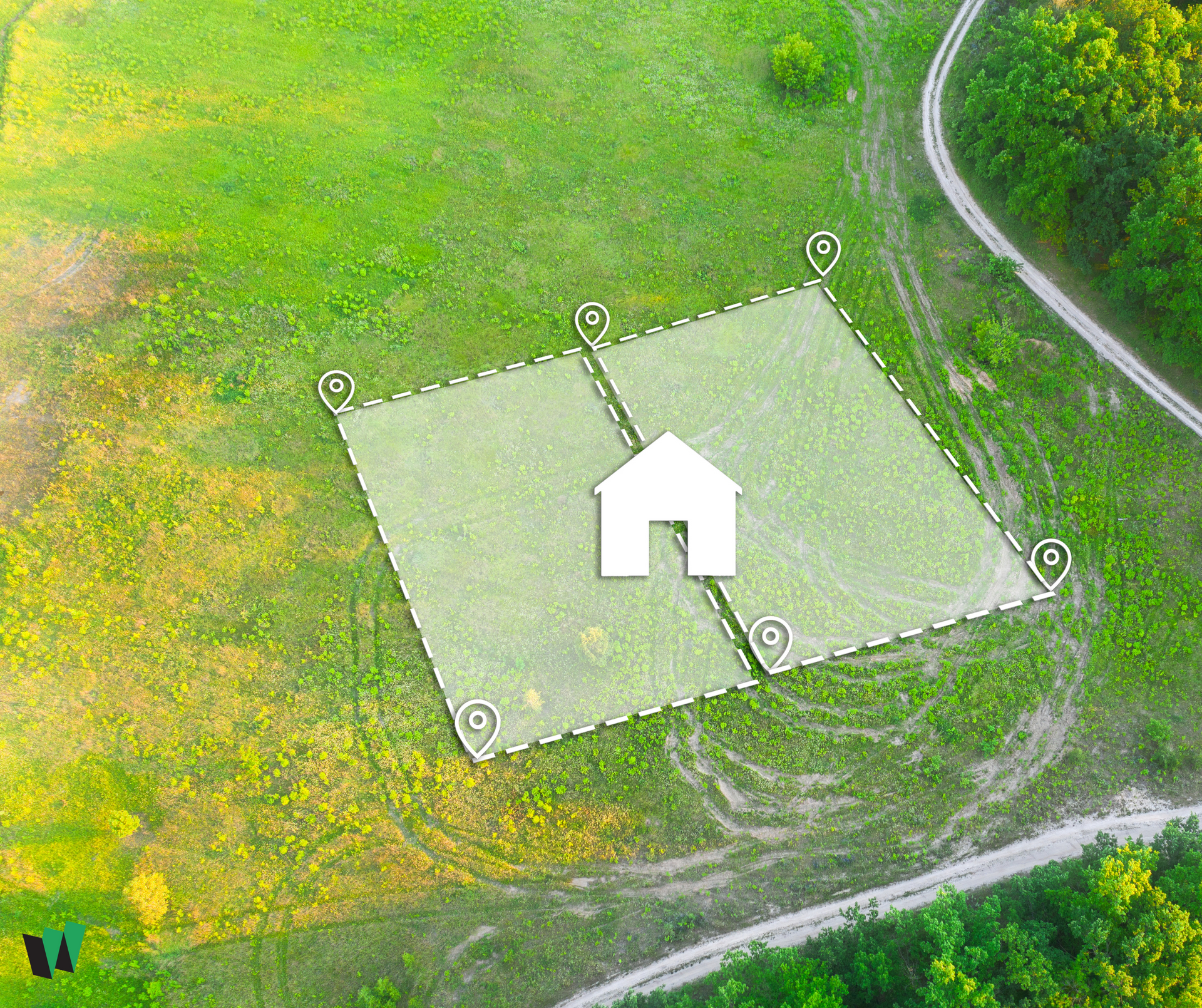
Need expert advice?
Whiteacre Legal are committed to achieving solutions for clients.
Book an initial consultation today so we can assist you further.
Contact Us
We will get back to you as soon as possible.
Please try again later.

Whiteacre is a boutique property law firm specialising in planning and environment law. We bring more than 20 years of experience acting for private developers, private equity funds and local councils, giving us a unique insight into the significant challenges that each side faces for development applications, planning agreements or support for complex litigation matters.
Get In Touch
Phone:
Head Office
Wollongong
Suite 3, 129 Crown Street,
Wollongong NSW 2500
LinkedIn Page
Other Locations
Sydney CBD
Level 13, 111 Elizabeth Street,
Sydney NSW 2000
News and Insights


Whiteacre is a boutique planning and property law firm specialising in planning and environmental law. We bring more than 20 years of experience acting for private developers, private equity funds and local councils, giving us a unique insight into the significant challenges that each side faces for development applications, planning agreements or support for complex litigation matters.
Get In Touch
Phone
Head Office
Wollongong
Suite 3, 129 Crown Street, Wollongong NSW 2500
Other Locations
LinkedIn Page
News and Insights

Client Reviews

Slide title
Write your caption hereButton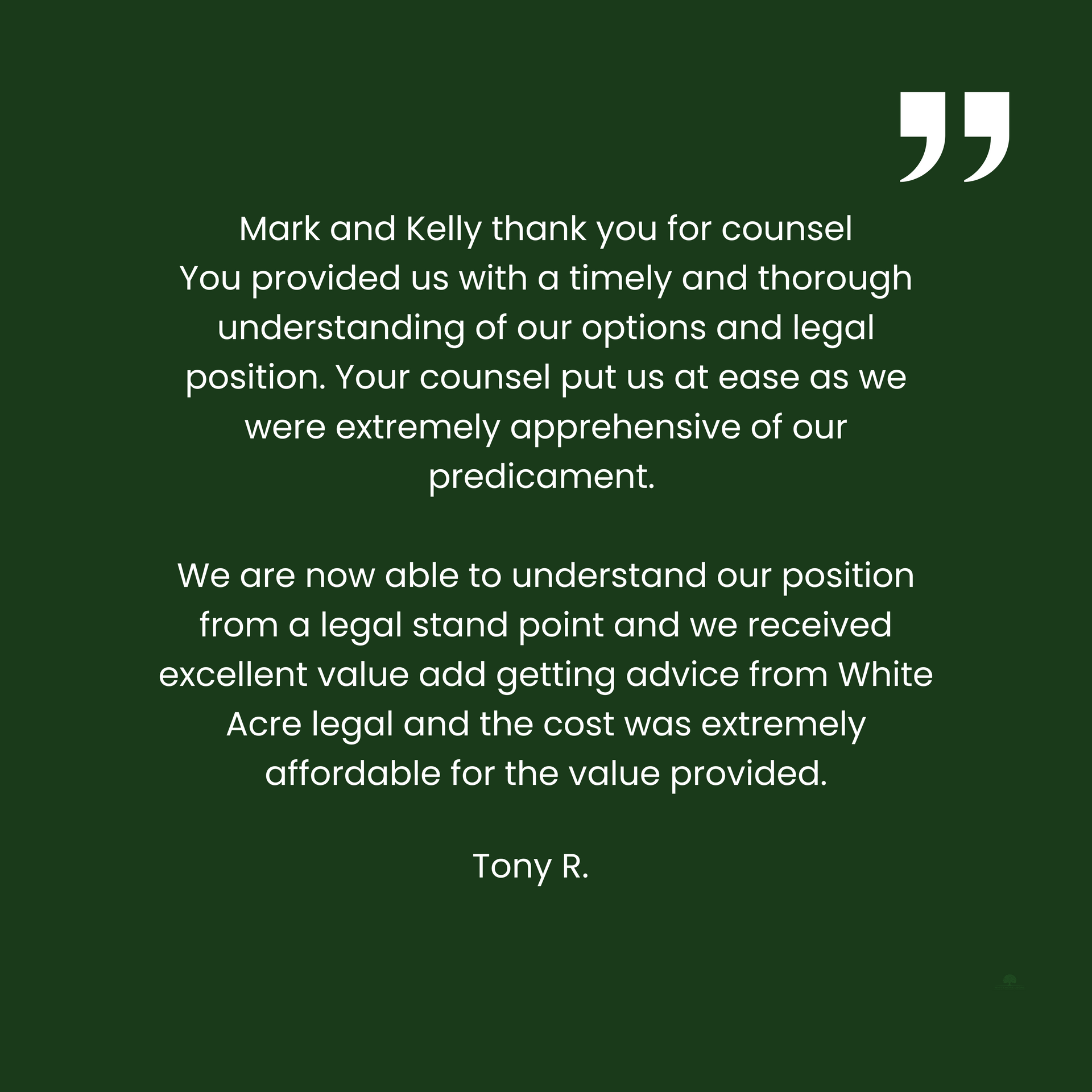
Slide title
Write your caption hereButton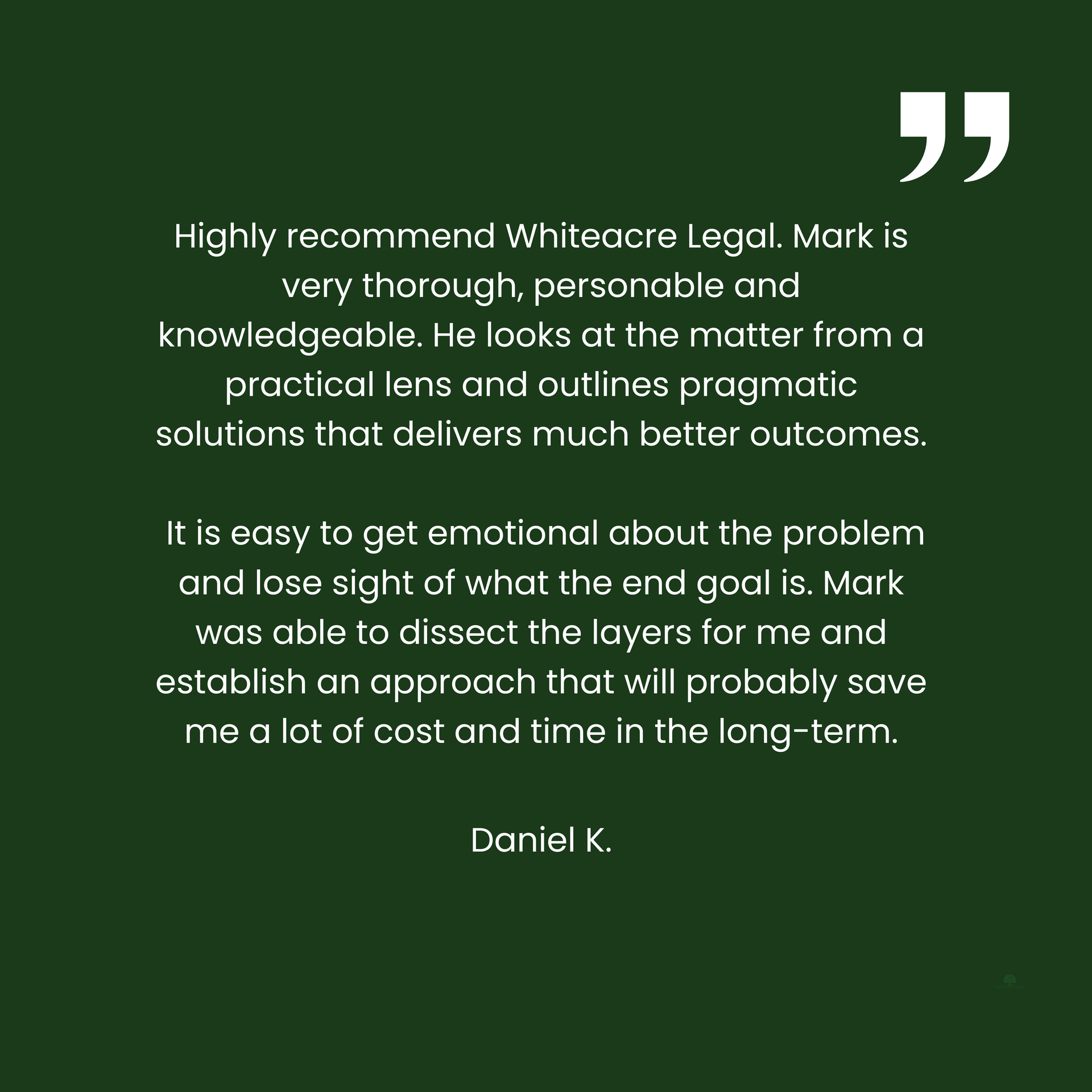
Slide title
Write your caption hereButton
Slide title
Write your caption hereButton
Slide title
Write your caption hereButton
Slide title
Write your caption hereButton
Slide title
Write your caption hereButton
Slide title
Write your caption hereButton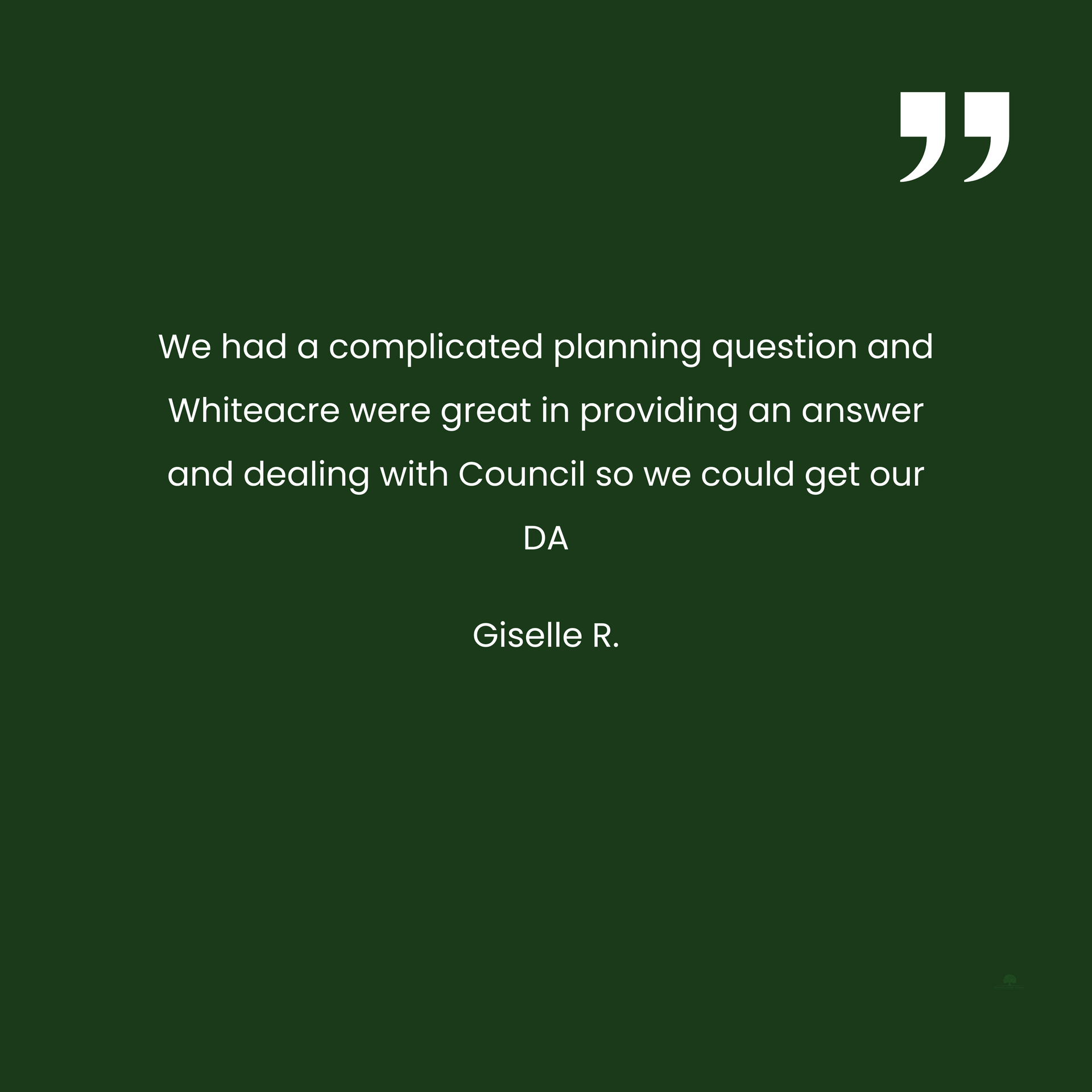
Slide title
Write your caption hereButton
Slide title
Write your caption hereButton
Slide title
Write your caption hereButton
Slide title
Write your caption hereButton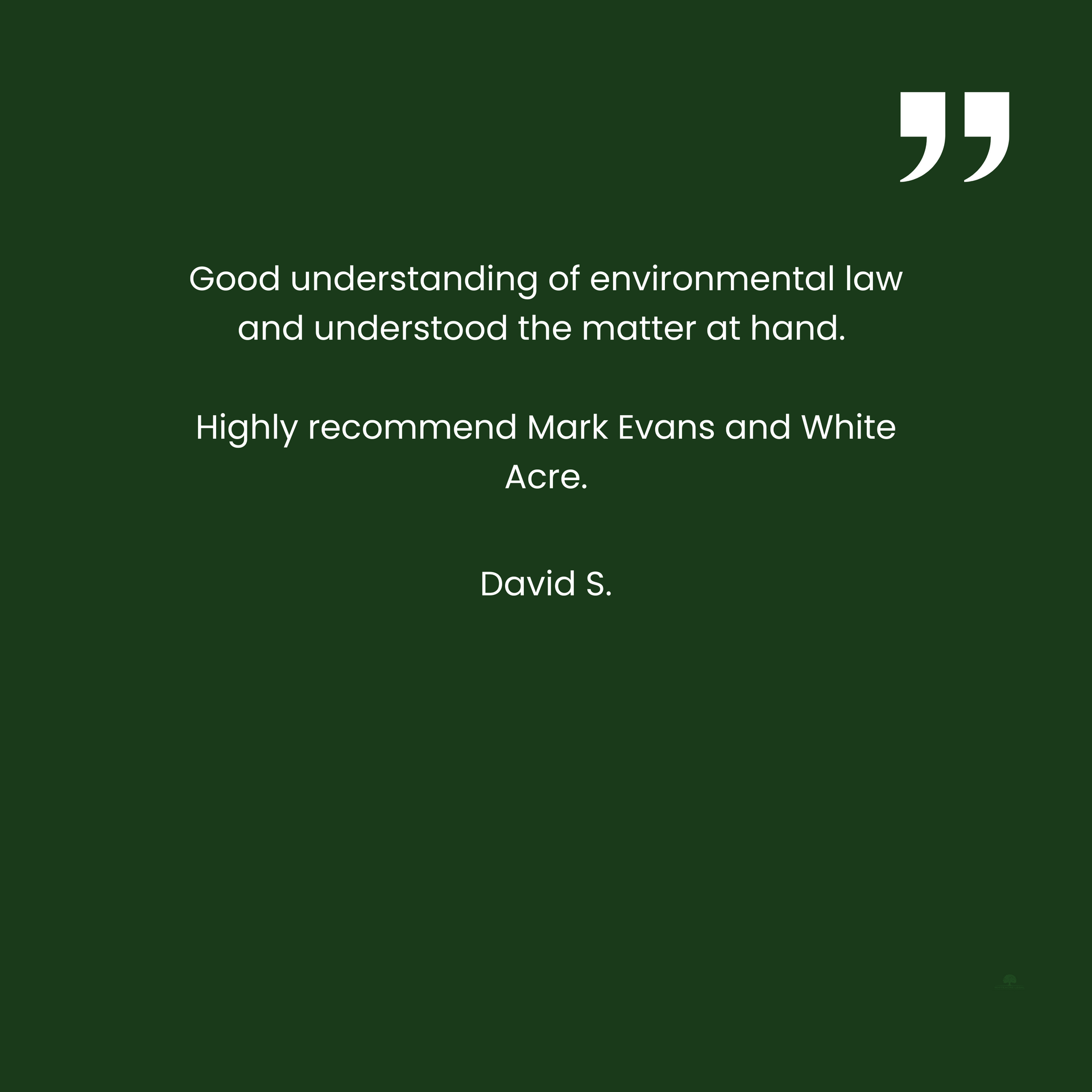
Slide title
Write your caption hereButton
Slide title
Write your caption hereButton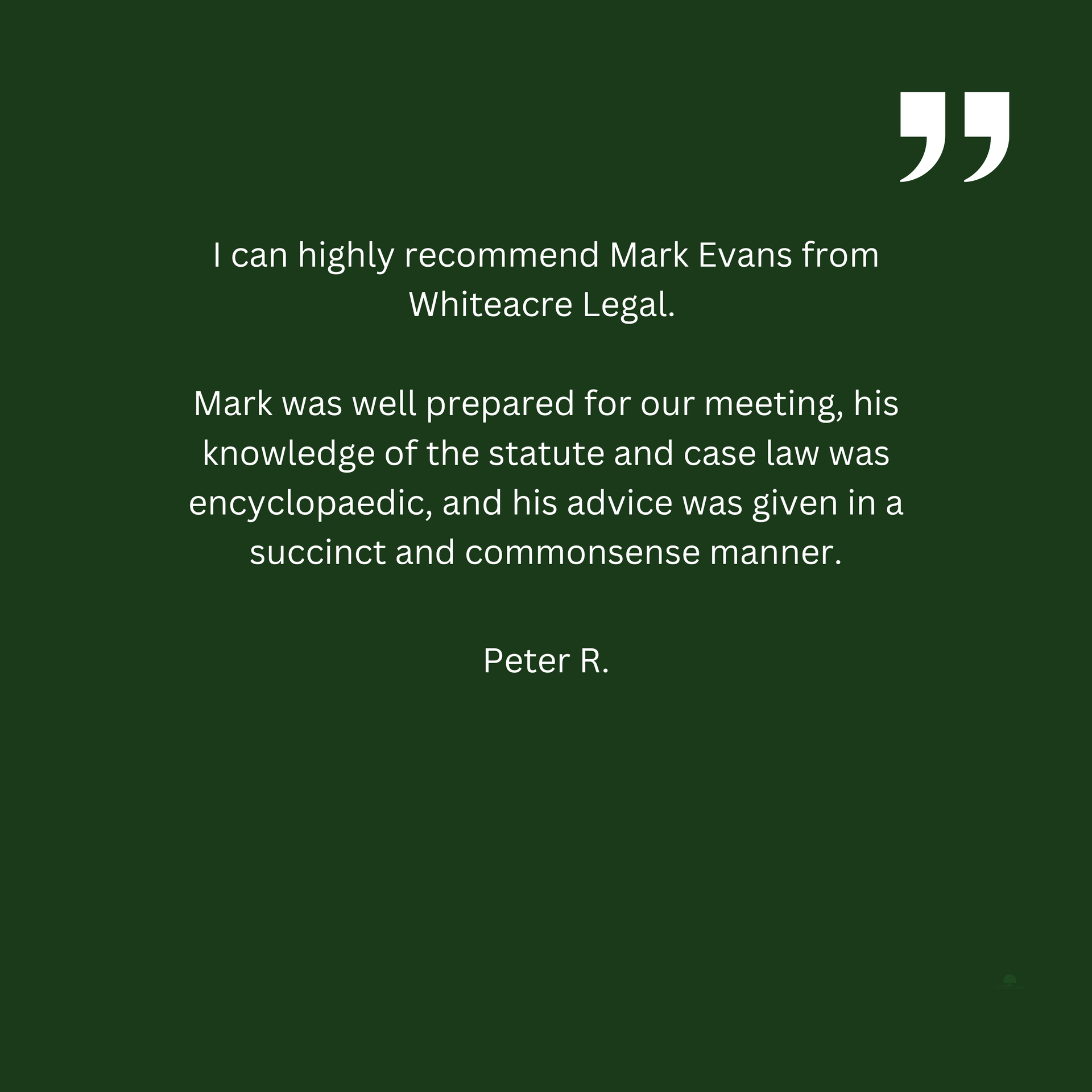
Slide title
Write your caption hereButton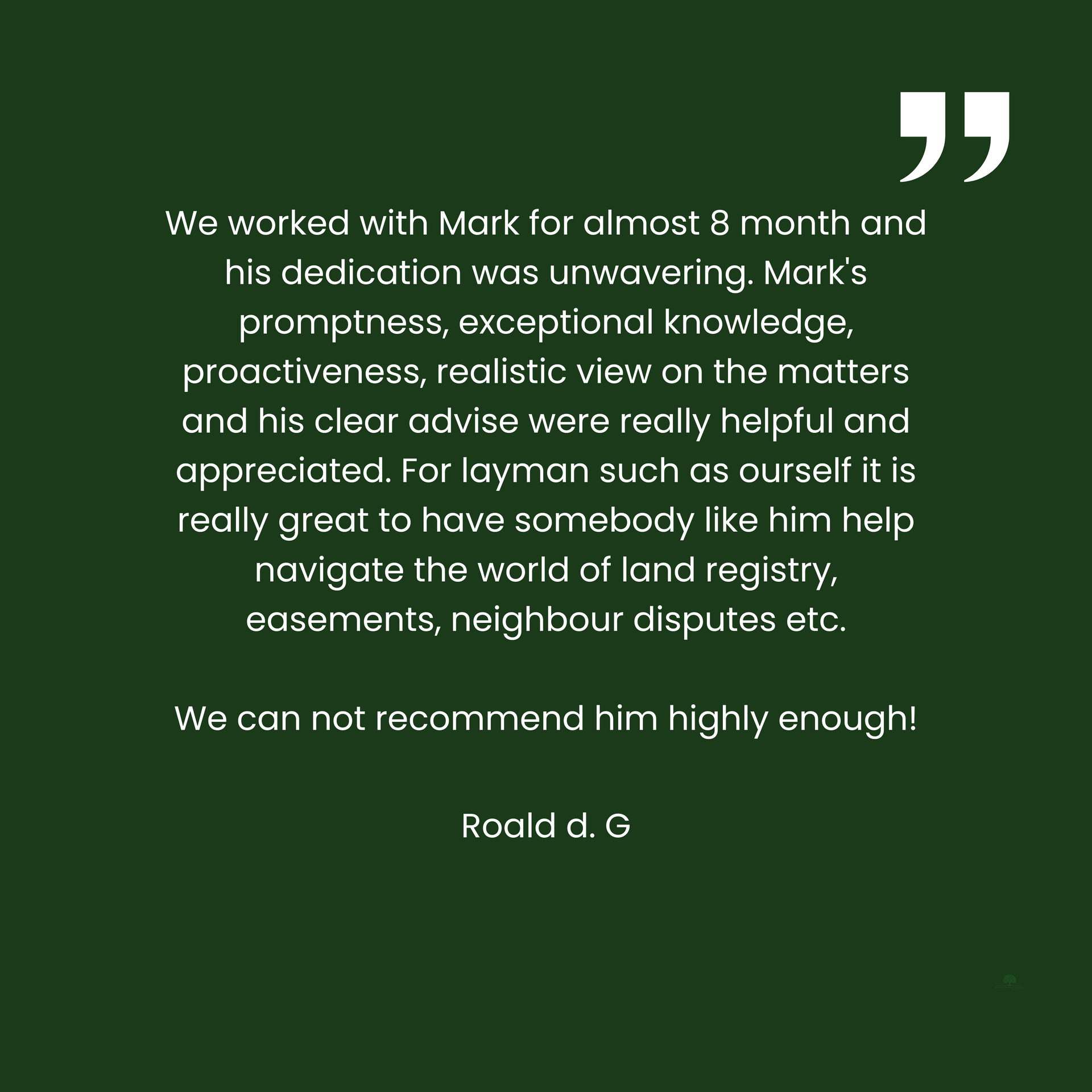
Slide title
Write your caption hereButton
Slide title
Write your caption hereButton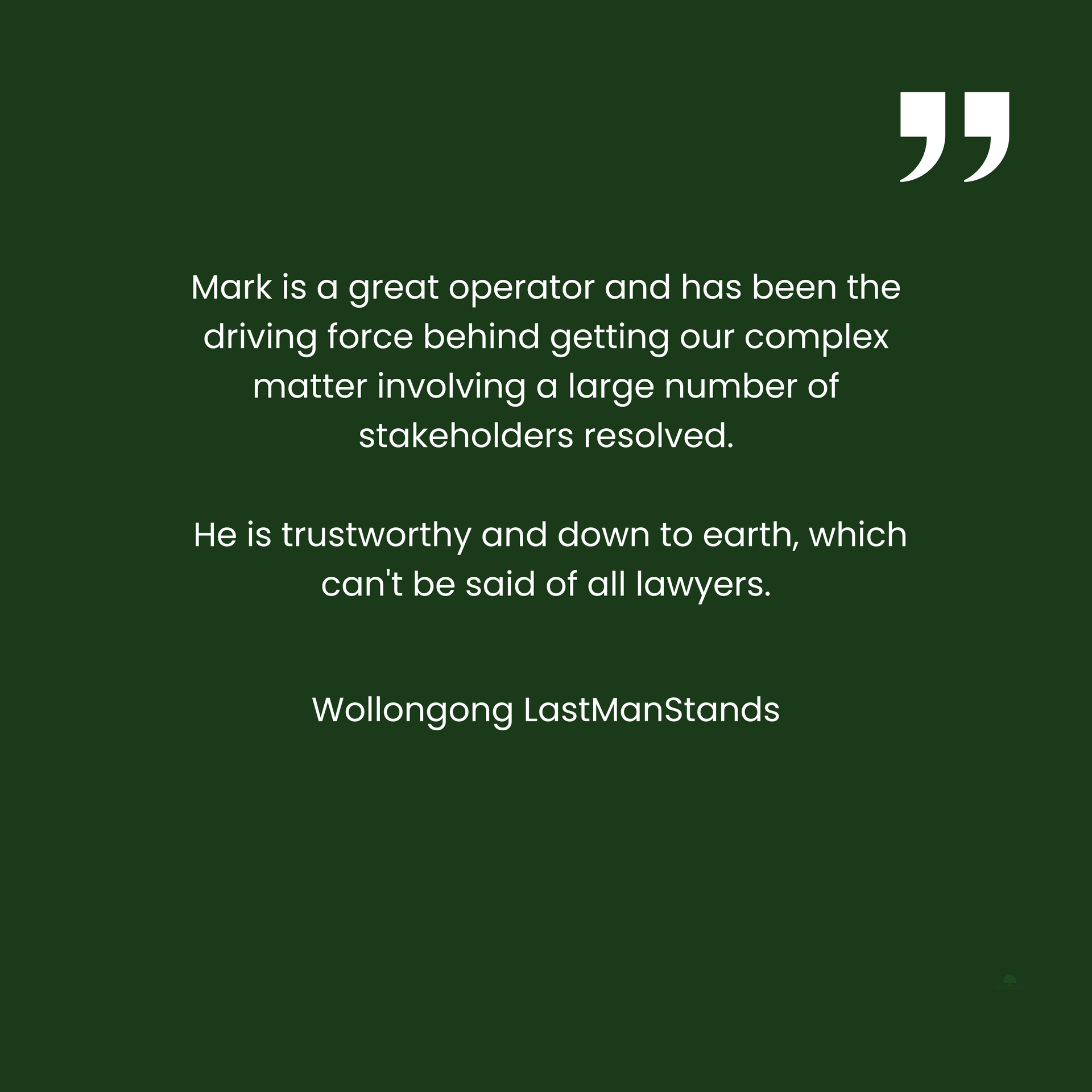
Slide title
Write your caption hereButton
Slide title
Write your caption hereButton
Slide title
Write your caption hereButton
Slide title
Write your caption hereButton
Slide title
Write your caption hereButton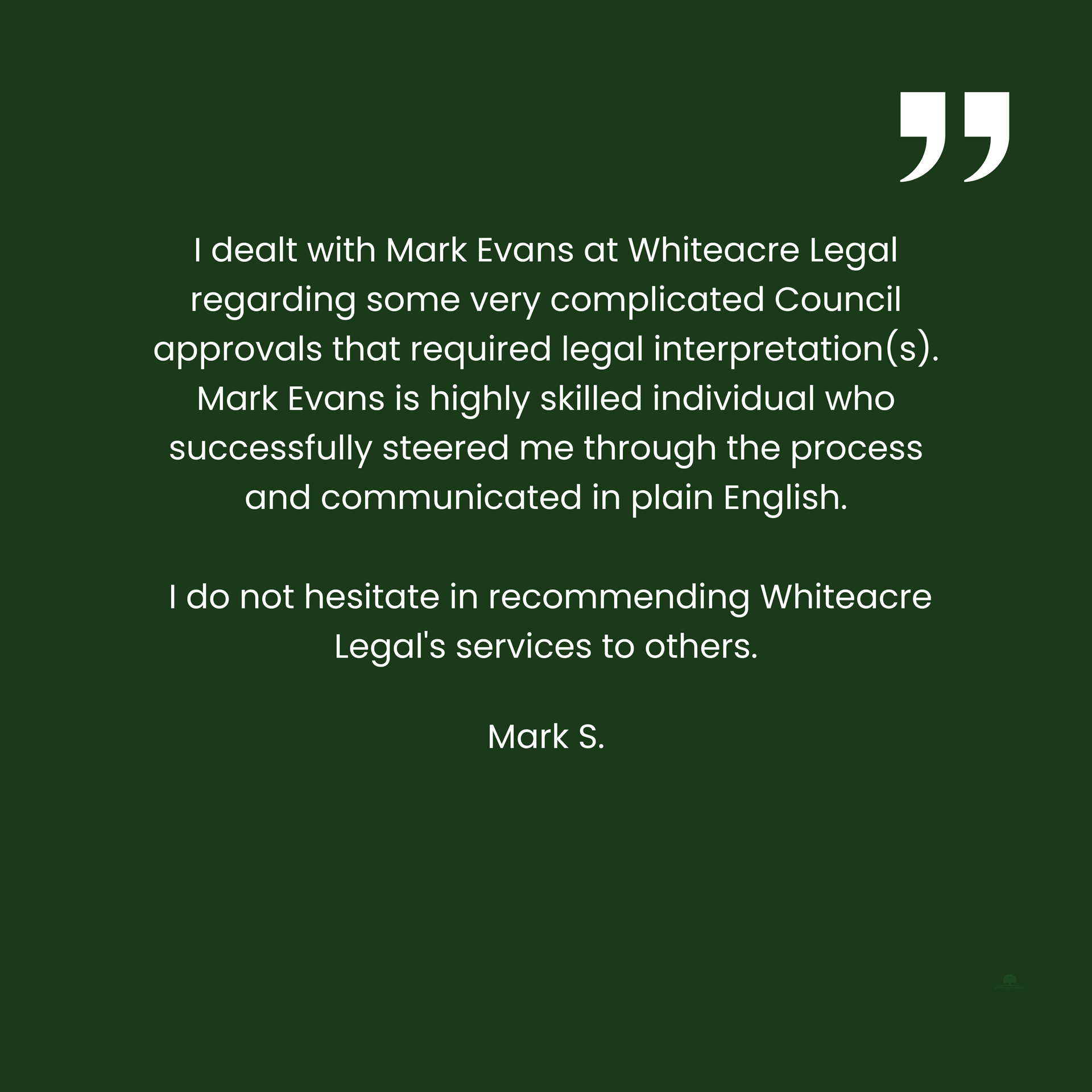
Slide title
Write your caption hereButton
Copyright 2024 Whiteacre Legal









